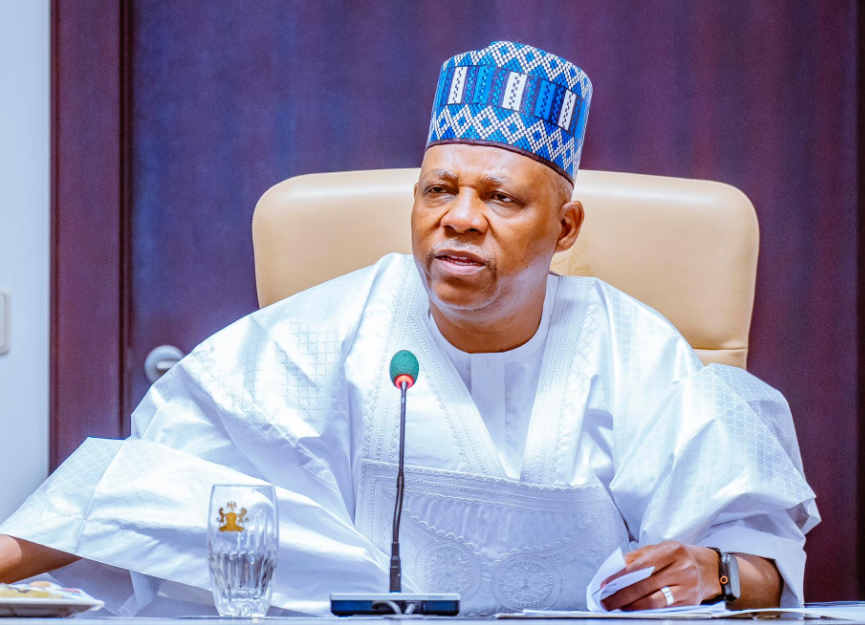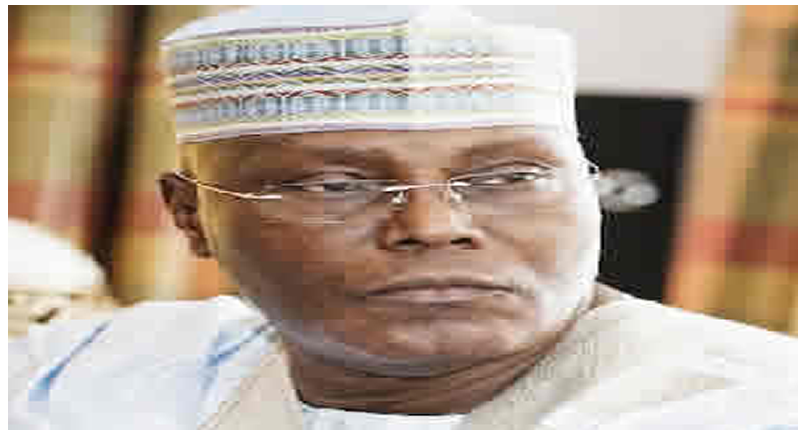
Vice President Kashim Shettima has decried the impact of climate change on Nigeria, stressing that the intermittent power supply, perennial floods, and food crises are some of its adverse effects in Nigeria.
Shettima, who spoke at the Africa Climate Forum 2024 in Abuja, said the climate-driven realities are vivid reminders that no nation in Africa is immune to climatre change consequences. His speech was made available to our correspondent.
“Nigeria, like many other nations, has experienced first-hand the devastating effects of climate change. We have been at the mercy of unpredictable water bodies, perennial floods, disrupted livestock production, intermittent power generation, and food crises,” Shettima stated.
He added, “These climate-driven realities are not just calls to action; they are vivid reminders that none of us is immune to their consequences. This is why we must come together to compare notes, adopt peer learning mechanisms, and agree on practical solutions that will move us forward.”
The vice president, represented by the Senior Special Assistant to the President on National Economic Council and Climate Change, Rukaiya El-Rufai, told participants at the event that they must consciously strive to protect the environment.
“As we deliberate here today, I urge us to all recognise that any solution for Africa’s climate future must begin with protecting our ecosystems, protecting sustainable
practices, and building climate-resilient communities,” he stated.
He said the adverse effects of climate change in Africa can only be mitigated when African countries stand together, adding that this act will not only secure a greener future but will serve as a springboard into global leadership on climate action.
“I reiterate today an open call across our dear continent to all governments, civil
society organisations, the private sector, and the development community to join hands.
“Only through a unified front can we create an all-inclusive approach to achieving the sustainable development goals and delivering lasting social impact. Let us seize this moment to draw up evidence-based action plans that will be financed,” Shettimma stated.
The Director-General of the Global Centre for Law, Business and Economy, and convener of the Africa Climate Forum, Prof George Nwangwu, pointed out that Africa still needs a lot of financing to move forward.
“Climate and development experts have recommended a baseline of $400bn annually to cater for the loss and damage caused by severe weather incidents globally. Again, the absence of mandatory commitments raises doubts about Africa climate,” he stated.





